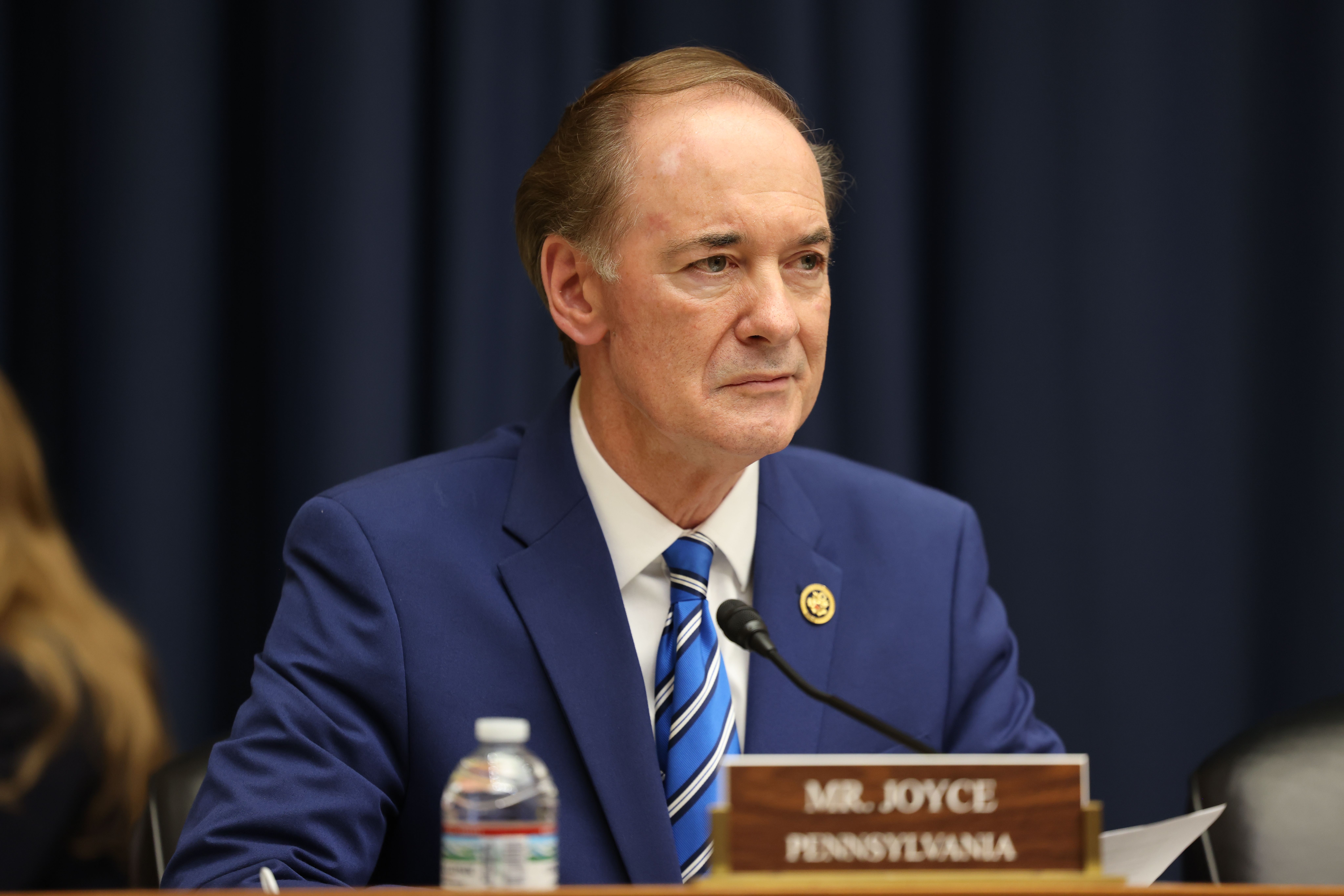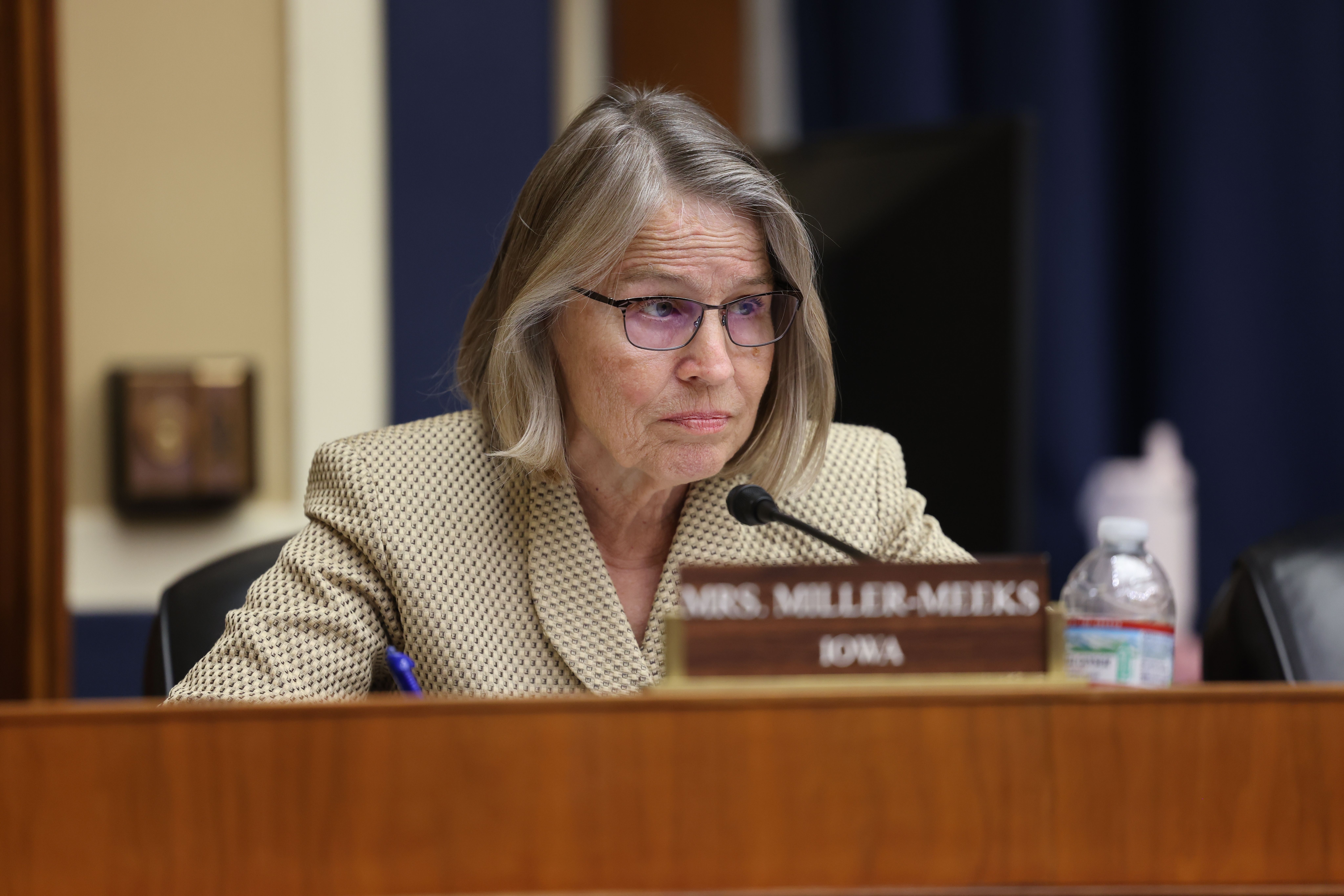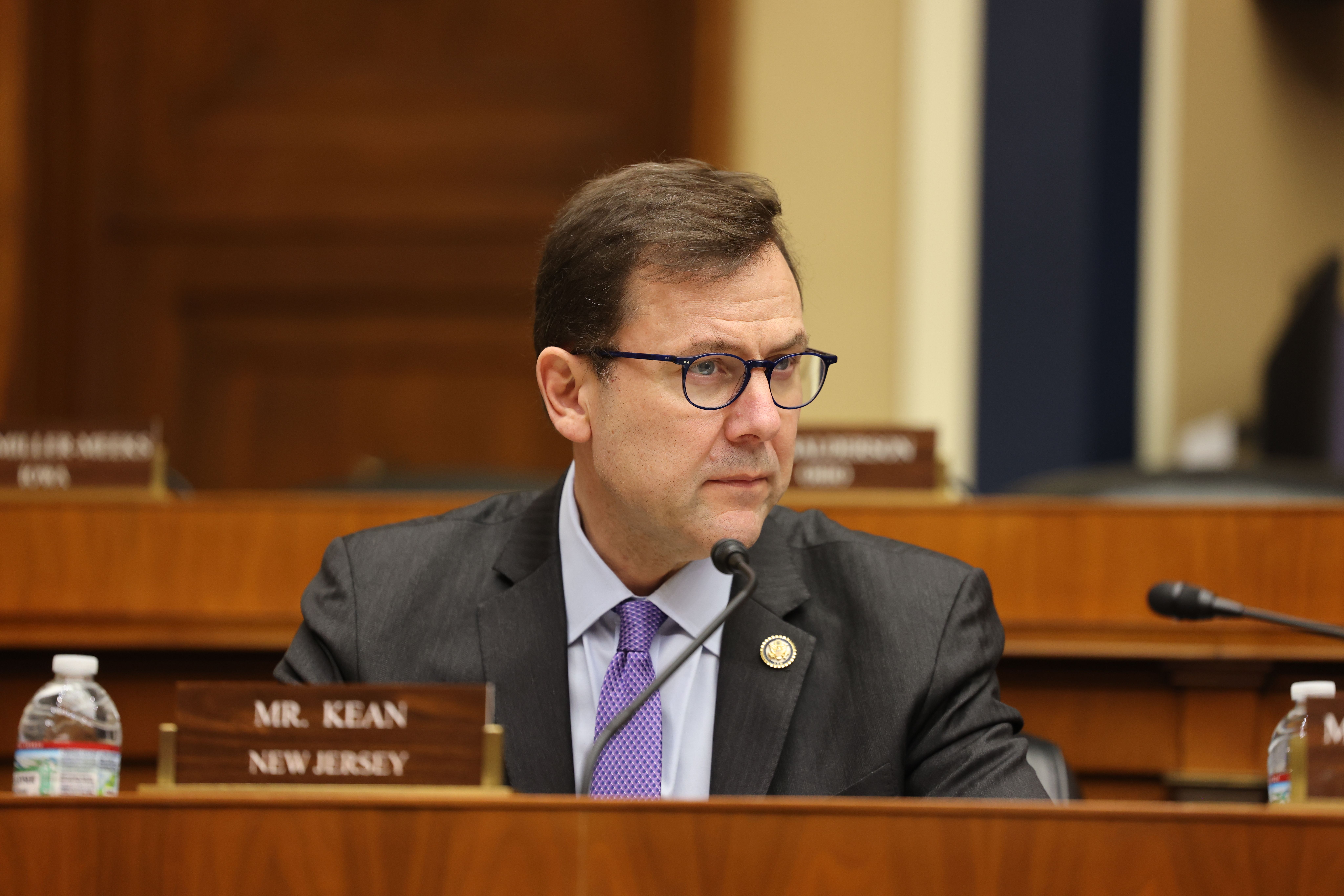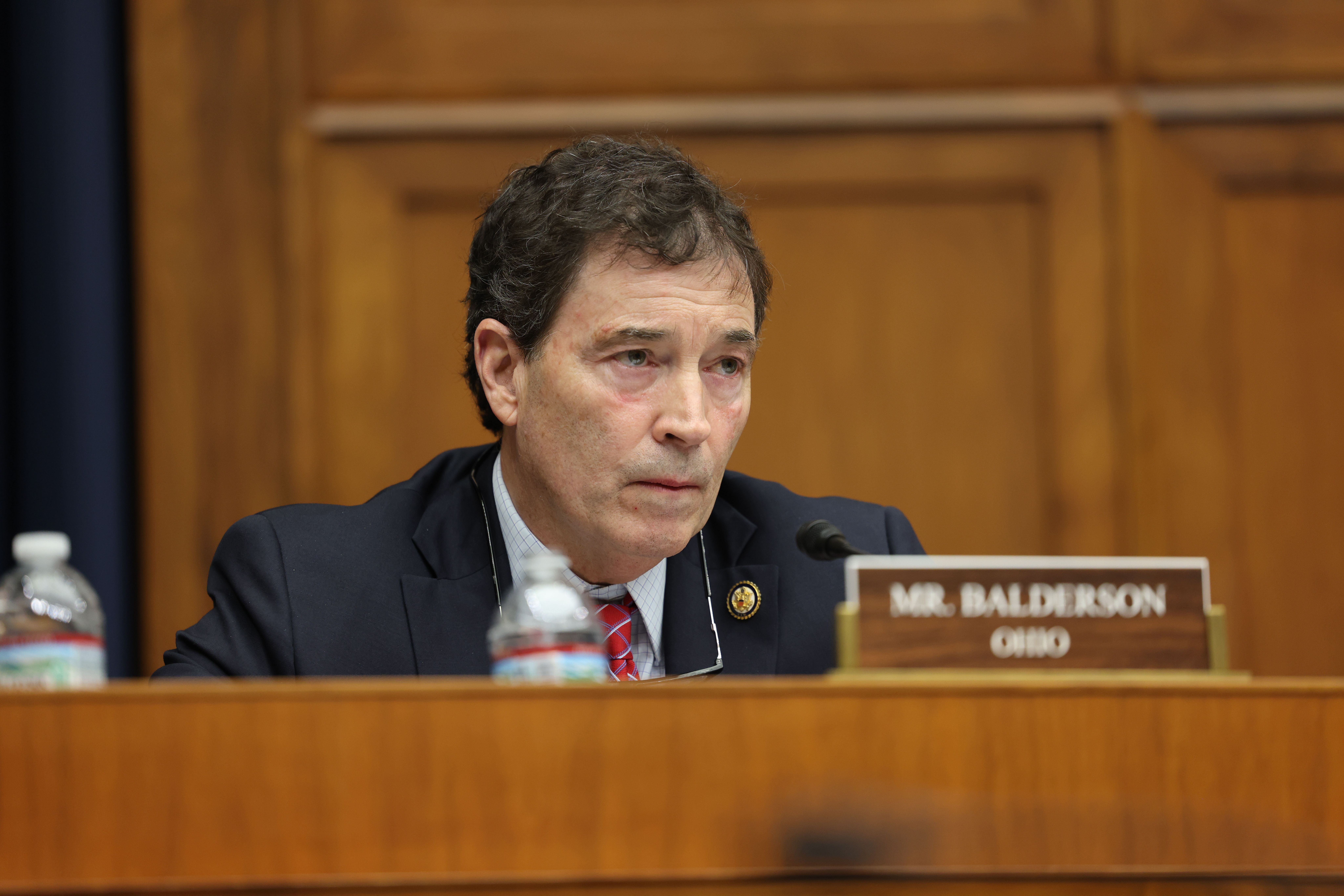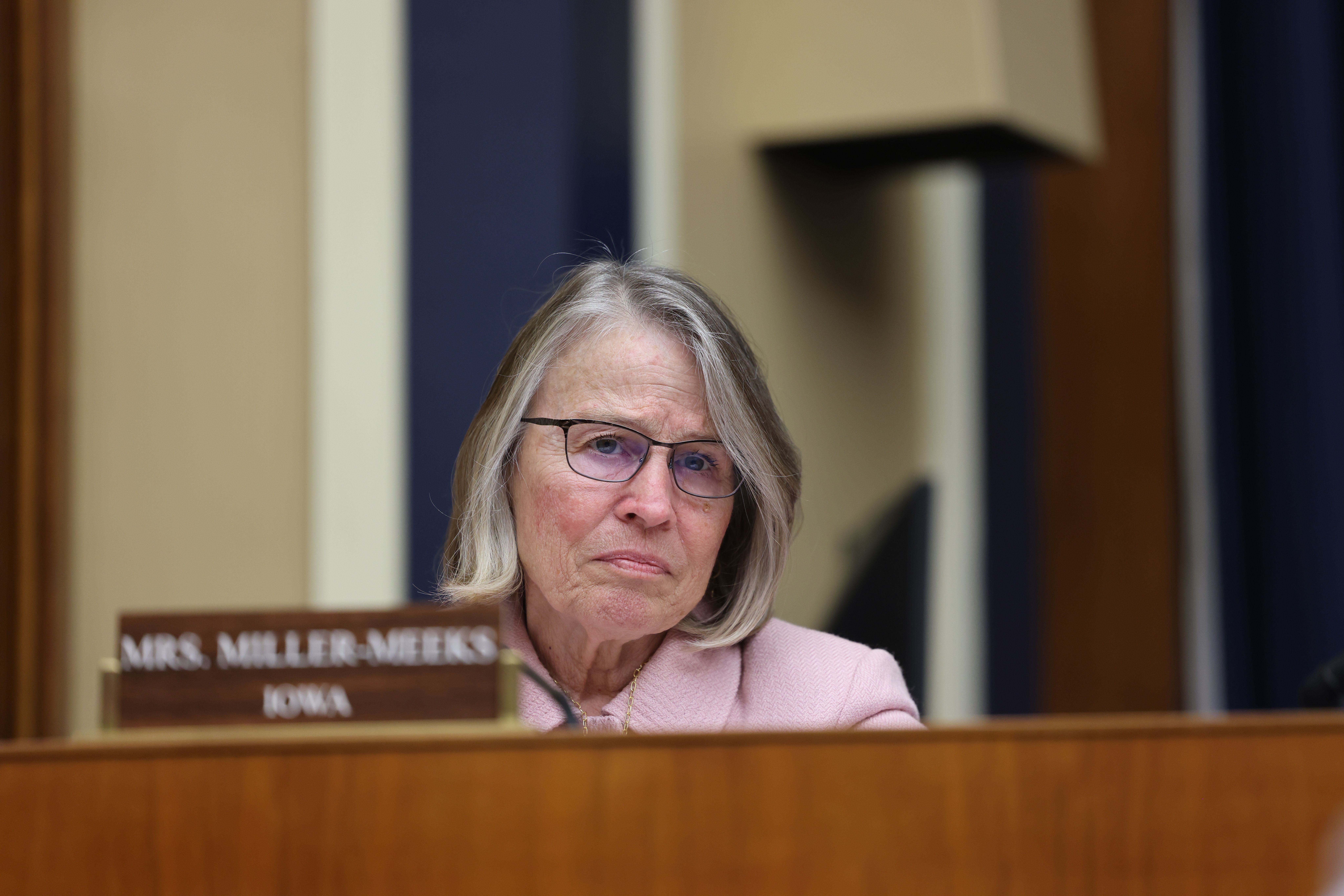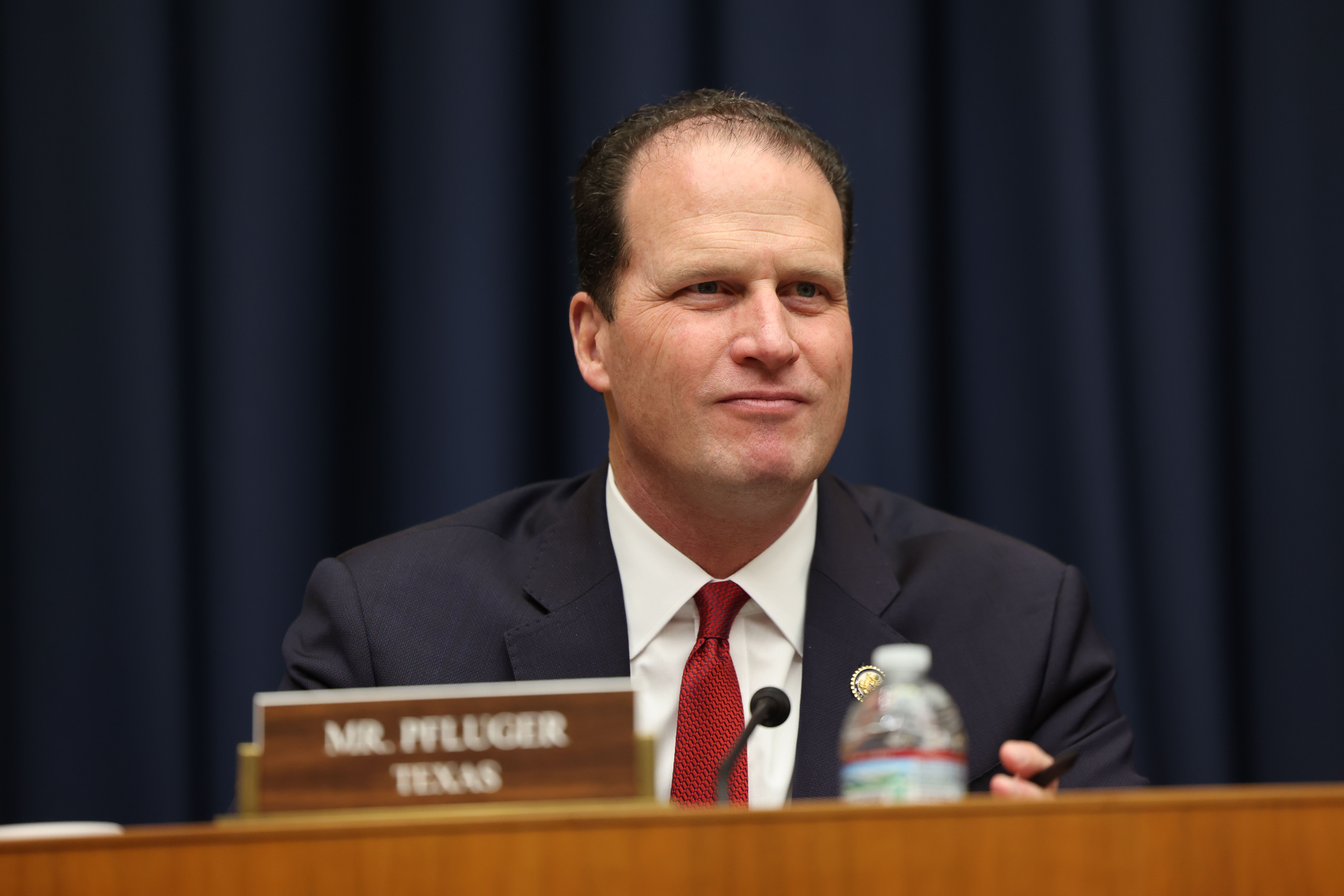WASHINGTON, D.C. – Congressman Morgan Griffith (VA-09), Chairman of the Subcommittee on Health, delivered the following opening statement at today’s hearing titled Legislative Proposals to Support Patient Access to Medicare Services.
Subcommittee Chairman Griffith’s opening statement as prepared for delivery:
“Today’s hearing will discuss ten bills aimed at improving patient access in Medicare.
“As our population ages, it is critical that Medicare policies keep pace with patient needs.
“Ensuring beneficiaries can obtain timely, cost-effective services is essential to fulfilling Medicare’s promise.
“A handful of bills we are discussing today help increase access to durable medical equipment, or DME, which include wheelchairs, oxygen equipment, walkers, diabetic supplies just to name a few.
“However, the way Medicare reimburses for these products can be improved.
“Dr. Joyce from Pennsylvania is leading H.R. 1703, the Choices for Increased Mobility Act, which creates a new billing code to improve Medicare coverage for ultralightweight wheelchairs, particularly those made from titanium or carbon fiber.
“Currently, an individual must pay full price for the upgrade to a lighter, more functional wheelchair, and then hope to get reimbursed by Medicare later.
“This bill will allow Medicare to cover a portion of the costs up front to ease the financial burden on individuals.
“Another bill, H.R. 2477, the Portable Ultrasound Reimbursement Equity Act, led by Representative Van Duyne from Texas, provides Medicare reimbursement for portable ultrasound transportation and services, which will help seniors get the care they need.
“Representative Miller-Meeks from Iowa champions H.R. 2005, the DMEPOS Relief Act, would establish a fairer rate for DME supplies.
“The way DME products get priced is through a process known as competitive bidding.
“This is where DME suppliers bid to be the sole contractor in certain areas of the country with the winning bid prices used to determine supplier reimbursement.
“These prices are not one size fits all, and suppliers, especially in some areas, struggle to stay open due to these low rates.
“This bill aims to help mitigate that impact.
“The last bill in the DME space is H.R. 2902, the Supplemental Oxygen Access Reform Act, led by Representative Valadao from California.
“Among other things, this bill removes supplemental oxygen and its supplies from the competitive bidding program and creates a new reimbursement rate for supplemental and liquid oxygen.
“We will also be considering H.R. 2172, the Preserving Patient Access to Home Infusion Act, led by Representative Buchanan from Florida.
“This bill would make updates to the home infusion therapy benefit and support patient access to this benefit.
“The current reimbursement structure is not aligned with how these therapies are currently administered in the home.
“This bill will modernize the model, ensure adequate provider reimbursement and support patient access to home infusions.
“Another bill being considered today is H.R. 5269, the Reforming and Enhancing Sustainable Updates to Laboratory Testing Services Act, led by Representative Hudson from North Carolina.
“This bill would update how CMS establishes reimbursement rates for clinical laboratory services paid under the Medicare Clinical Lab Fee Schedule.
“This important bill aims to create a less burdensome process for CMS to determine private payor-based rates for lab services.
“A few other bills being considered today include:
“H.R. 5243, led by Representative McClellan from Virginia, that brings more transparency into supplemental benefits provided by Medicare Advantage plans.
“H.R. 5347, the Health Care Efficiency Through Flexibility Act, also led by Representative Buchanan.
“This bill would extend certain methods for collecting Accountable Care Organization’s quality measurement data, as well as establish a digital quality measure pilot program.
“H.R. 6210, the Senior Savings Protection Act, led by Representative Matsui from California, reauthorizes and funds certain programs under the Medicare Improvements for Patients and Providers Act.
“These programs help low-income beneficiaries understand and access their benefits.
“Lastly, we will discuss H.R. 6361, the BAN AI Denials in Medicare Act, led by Representative Landsman from Ohio.
“This bill prohibits the Center for Medicare and Medicaid Innovation or CMMI from implementing the Wasteful and Inappropriate Service Reduction Model, or the WISeR Model.
“While I understand the concerns around AI and prior authorization, CMMI’s statutory mission is to lower health care costs and improve outcomes for patients.
“The WISeR Model does not change Medicare coverage policy but will focus on ensuring that for a set of non-emergency services, seniors are getting safe, effective, and appropriate care.
“I look forward to hearing from the witnesses today and working to advance these bills to a markup.”
